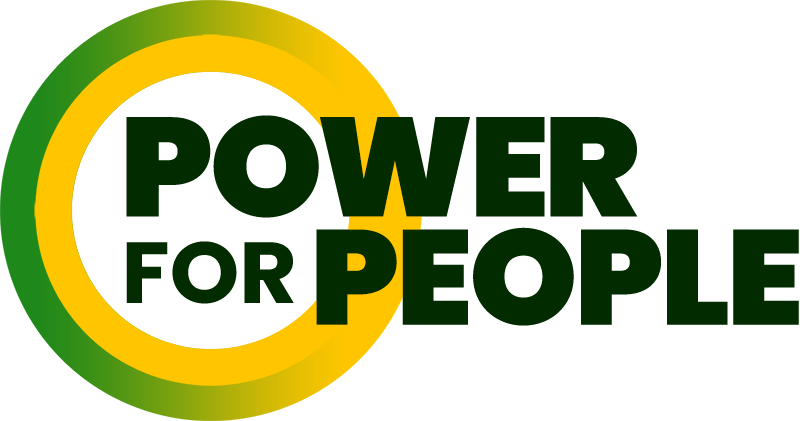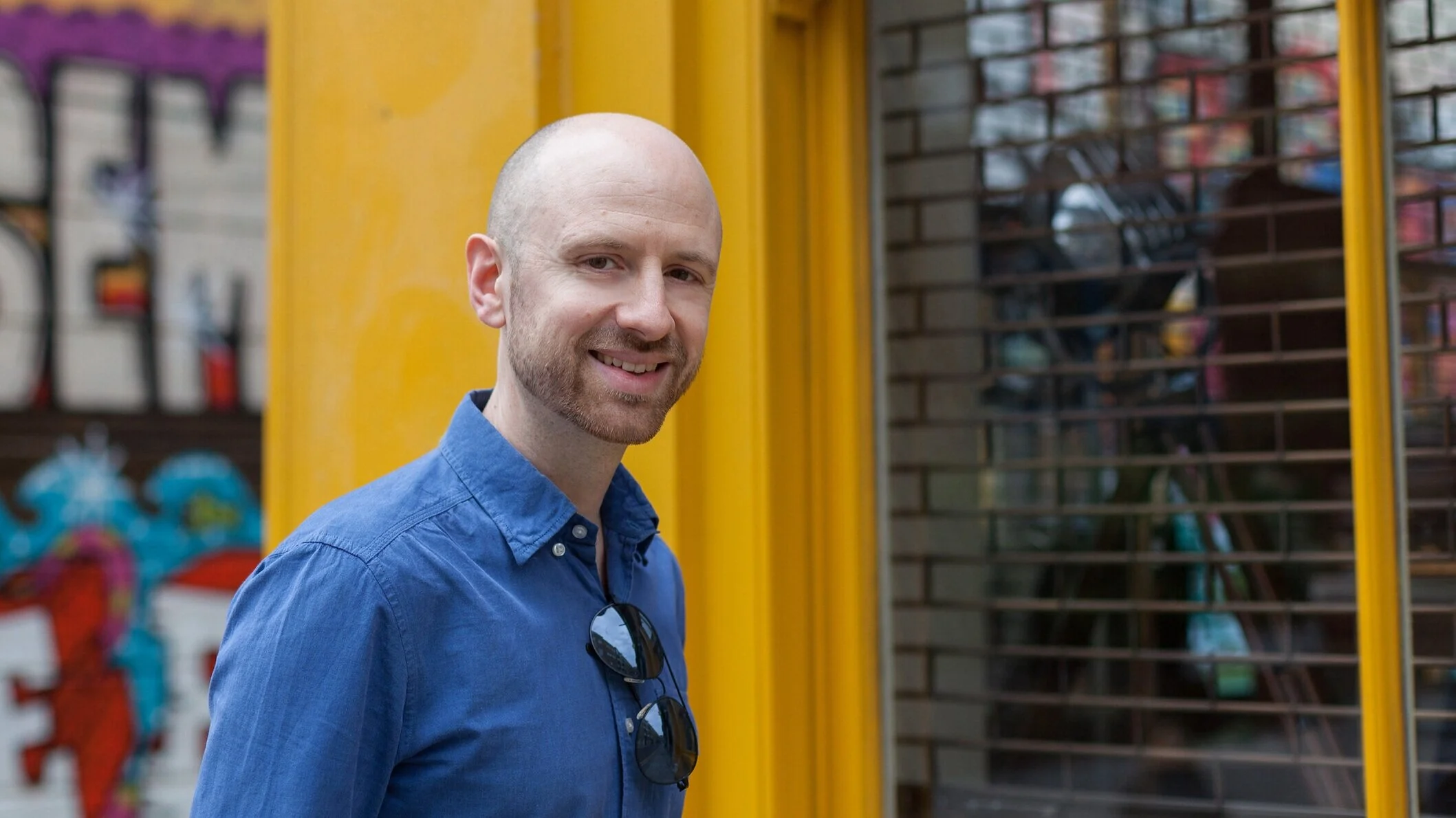Why I Started Power for People
Steve Shaw tells the story of our founding
I spent over a year thinking about what the really great threats facing the world were and what I wanted to do about them. I then spent a lot of time thinking about a new campaigning organisation that I would set up. The first certainty I developed was about core purpose: by far the biggest threat to human civilisation, the natural world and even the human species is climate change. So it absolutely had to be about stopping that.
Even more so did it have to be about stopping climate change because of the enormous disparity between the scale of the threat and the level of political and social alarm and action.
Another driving force for the new organisation was that government action is critical. No amount of well intentioned efforts from individuals, charities, businesses etc will be even close to enough. The nation state sets the rules we live and work by and it is those rules that need to change in order to solve the problem.
So the founding principles were clear: stopping climate change and making government take the action it should be, but isn’t, taking. Next was the question of method: how should this new organisation go about this? Related to this was the question of: what could this new organisation do that other initiatives were not doing already?
During my fifteen years of working as a grass-roots organiser, Parliamentary campaigner and political activist at some of the largest environmental NGOs and as a freelance running my own campaigns I had become keenly aware that there was a type of work that desperately needed to be done but that wasn’t being done.
I had worked on the campaigns that saw new laws passed like the one in 2003 that set up the doorstep recycling collection that all our homes now have (the Household Waste Recycling Act) and the one in 2007 that set a legally binding target for the government to reduce our greenhouse gas emissions (the Climate Change Act) that has resulted in things like almost all of the UK’s coal power stations closing and the building of the world’s biggest offshore wind farms.
These were great successes and one thing I had learned from them was that grass-roots focused campaigns that mobilised tens or hundreds of thousands of people to lobby their MPs at the constituency level, when done in a co-ordinated way over a long-term arc, were extremely effective. In each case the campaign had turned the government from an initial position of, ‘No, this is a terrible idea, we will never support it and it will never happen. Go away.’ to ‘Yes we are proud to support this great idea.’ and a new law passing through Parliament – a law that we the campaigners had drafted. Amazing.
Another remarkable thing about these campaigns was how incredibly efficient they were. A relatively small team of people could bring together tens or even hundreds of thousands of people, then co-ordinate the mobilisation of them in lobbying their MPs. The costs were only in the hundreds of thousands and the campaign team itself only needed to be between five and ten workers. High quality workers mind.
Given this, you would think all the big NGOs would be running these kinds of campaigns. But they are not. Why wasn’t every NGO employing this remarkably effective method?, I often wondered. The answer to that deserves its own separate article, but all I will say here is that NGOs are well intentioned and do good work. What was totally compelling for me was that a new organisation could and should fill this space. It would mobilise people to take action for specific political changes – i.e. new laws and government policy – to stop climate change.
The penultimate question for the vision was what was to be the area of focus. There are many things causing climate change, but by far the biggest culprit is the fossil fuels we burn to generate energy. This means replacing our current fossil fuel generation with renewables. Ah but there’s a twist in the tale: our transport and heating run largely on fossil fuels too. They need to be completely electrified and all that new electricity must come from, yes you guessed it, renewables. The scale of the new renewables that need to be built and the speed at which they need to be deployed is immense and way outside the current policy paradigms of our government. The new organisation had to be about energy.
But energy is a dry subject for many. So the final question was what would involve and engage people. My experience in grass-roots organising had taught me that the more a campaign is directly relevant to everyday life, the more people will become passionate activists. Many of us are drawn to campaigns that are about helping and improving our own local communities. As I learned more about energy through reading, talking with experts and seeing what was happening in countries like Germany and Denmark, it became clear that there is immense opportunity for our local communities to benefit from the great transition we need to make to total renewables.
A new organisation that campaigns to stop climate change. That runs grass-roots mobilisation campaigns for specific government and Parliamentary actions that will rapidly transition us to total renewable energy and that will ensure that local communities benefit from this great transition. That was what was needed. That is why I set up Power for People.

